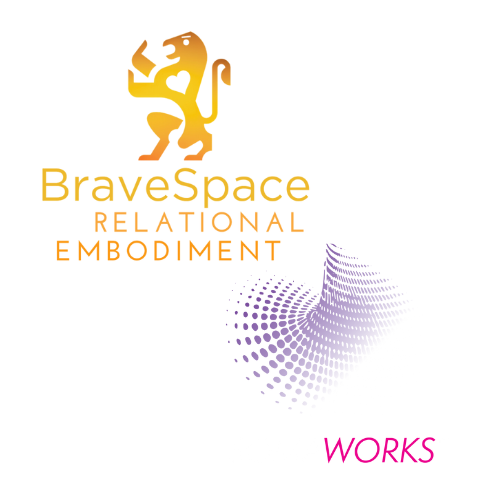Injury, Pain, and Learning
As a dancer, electric skateboarder, roller-blader, skier, and runner, (among other activities) I have had my fair share of injuries. I sprained my ankle in graduate school (for dance) on my electric skateboard when my board overloaded and stopped short while braking on a hill. What’s a dance MFA student doing on an electric skateboard anyway? I love to move, I love to be moved, and electric skateboards are like magic carpets. I felt pretty stupid, I was badly hurt, and it did affect my success in school, but I also learned a tremendous amount about balance in recovering from that injury. I learned that I was often gripping my ankles tight when I moved, and thereby compromising my grounding. I learned that neurologically the feedback between the ankles and the neck, and the micro-movements of each, are tremendously important to how we balance. The ankles and the sacro-iliac joints also have an important relationship, and I still use what I learned recovering from my skateboard accident to help me when my low back gets sore. My injury helped me become more sensitive to all of these movements, and to retrain how I utilize them. I didn’t take pain killers–instead I spent many hours investigating how sensations ran through my body as I healed, using the feedback of those sensations to re-pattern my movement pathways. The scientific knowledge and understanding I gained about how balance takes place was one form of expansion, but more important than that is the physical knowledge my body now has about connectivity and grounded-ness. Ultimately, both cognitively and physically, I learned more than I lost in the long term.
When I work with clients to heal injuries or chronic pain I always hold the perspective that we are researching an experience larger and more important than just the inconvenience of pain and discomfort. I’m not trying to return people to who they were or what they experienced before the tremendous inconvenience of pain or disability presented itself. Instead I work with people to make use of their experience so that we can learn from it together and grow on a much larger scale. Blame, frustration, pain, sadness, and anger are often present for people in this process: Through the process of engaging with embodied experience these feelings often resolve into empowerment.
I will be heading to EarthDance in Western Massachusetts this coming weekend for a two week artistic residency as part of their E|Merge program. While I’m there I will be creating and documenting improvisatory and set movement sequences that aim to increase embodied resilience. In short, resilience is the ability to rebound from external influences…such as being thrown off a skateboard and hitting the pavement, or spending the day sitting in front of a computer. Upon my return in March I hope to launch a class series to present the techniques I have been developing. Stay tuned!

0 comments